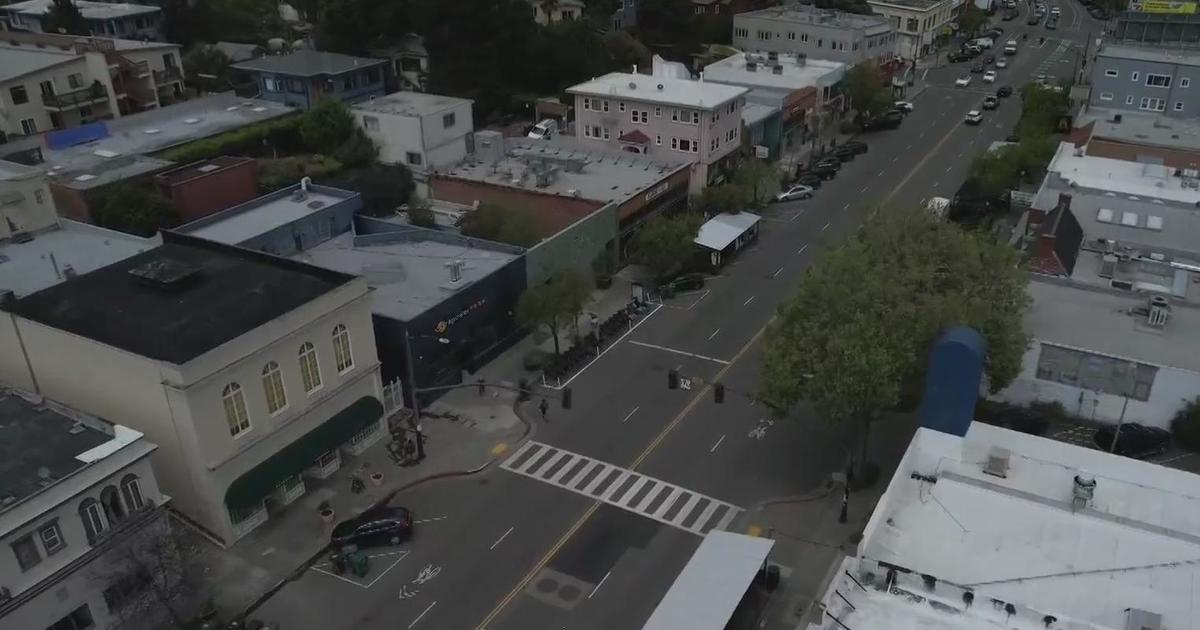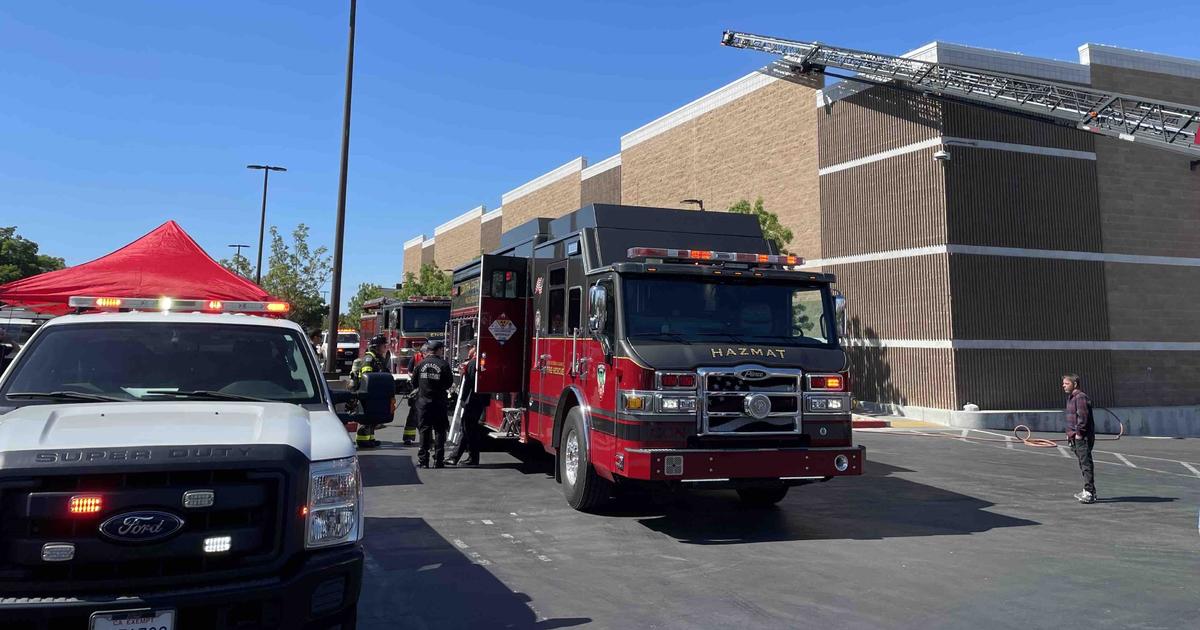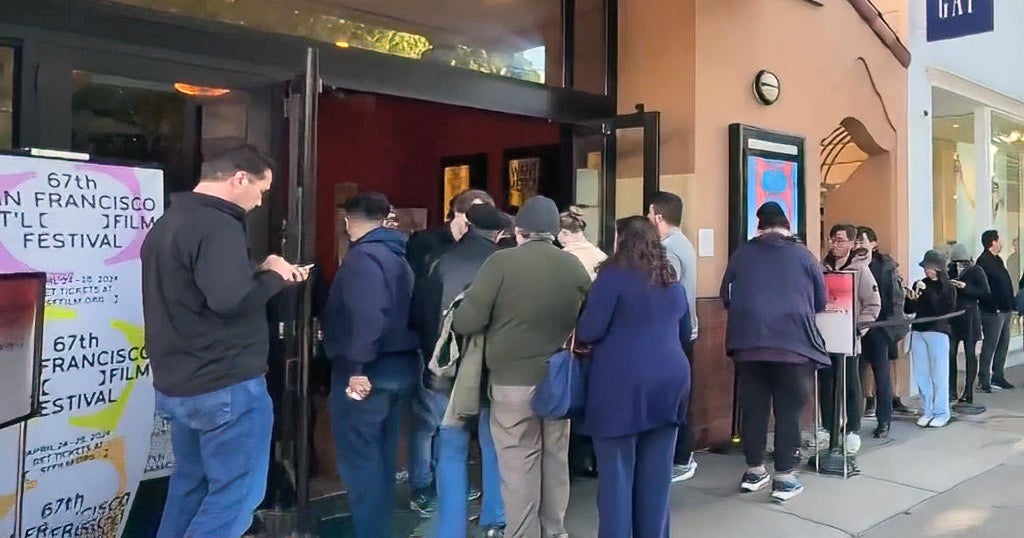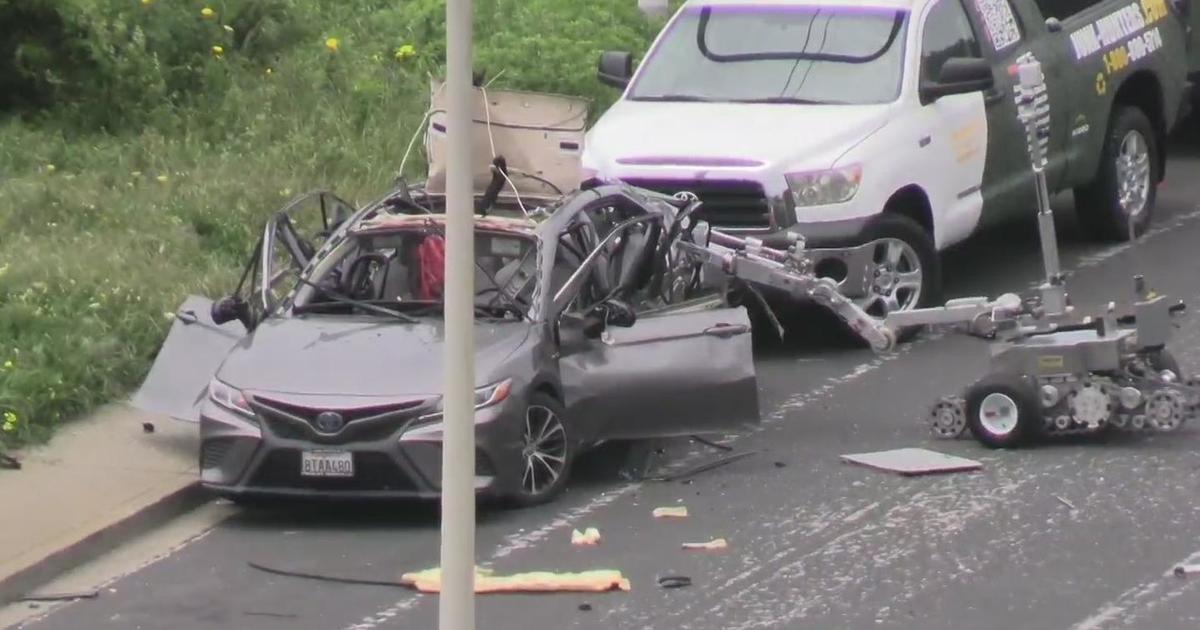Inner-City Oakland Youth Suffering From Post-Traumatic Stress Disorder
OAKLAND (KPIX 5) -- In the inner city, a health problem is making it harder for young people to learn. inner-city kids suffer from post-traumatic stress disorder (PTSD).
"Youth living in inner cities show a higher prevalence of post-traumatic stress disorder than soldiers," according to Howard Spivak M.D., director of the U.S. Centers for Disease Control and Prevention's Division of Violence Prevention.
Spivak presented research at a congressional briefing in April 2012 showing that children are essentially living in combat zones. Unlike soldiers, children in the inner city never leave the combat zone and often experience trauma repeatedly.
DEBATE OVER "HOOD DISEASE": Why Community Leaders Say "Hood Disease" Is An Inappropriate Label
One local expert says national data suggests one in three urban youth have mild to severe PTSD. "You could take anyone who is experiencing the symptoms of PTSD, and the things we are currently emphasizing in school will fall off their radar. Because frankly it does not matter in our biology if we don't survive the walk home," said Jeff Duncan-Andrade, Ph.D. of San Francisco State University.
Duncan-Andrade said doctors at Harvard's School of Public Health have come up with a new diagnosis of complex PTSD, describing people who are repeatedly re-exposed to trauma, which Duncan-Andrade said, would include many inner-city youth.
In Oakland, about two-thirds of the murders last year were actually clustered in East Oakland, where 59 people were killed.
Teachers and administrators who graduated from Fremont High School in East Oakland and have gone back to work there spoke with KPIX 5.
"These cards that (students) are suddenly wearing around their neck that say 'Rest in peace.' You have some kids that are walking around with six of them. Laminated cards that are tributes to their slain friends," said teacher Jasmene Miranda.
Jaliza Collins, also a teacher at Fremont, said, "It's depression, it's stress, it's withdrawal, it's denial. It's so many things that is encompassed and embodied in them. And when somebody pushes that one button where it can be like, 'please go have a seat,' and that can be the one thing that just sets them off."
In 2013, there were 47 recorded lockdowns in Oakland public schools - again, almost all in East and West Oakland.
Students at Fremont High showed where one classmate was shot.
"If someone got shot that they knew or that they cared about… they're going to be numb," one student said. "If someone else in their family got shot and killed they will be sad, they will be isolated because I have been through that."
Gun violence is only one of the traumas or stressors in concentrated areas of deep poverty.
"Its kids are unsafe, they're not well fed," Duncan-Andrade said. "And when you start stacking those kids of stressors on top of each other, that's when you get these kinds of negative health outcomes that seriously disrupt school performance."
COMMUNITY LEADERS CRINGE AS THEY HEAR THE TERM "HOOD DISEASE"
Even the slang nickname for the condition, "Hood Disease," itself causes pain, and ignites debate among community leaders, as they say the term pejoratively refers to impoverished areas, and distances the research and medical community from the issue.
"People from afar call it 'Hood Disease,' – it's what academics call it," said Olis Simmons, CEO of Youth UpRising working in what she describes as the epicenter of the issue: East Oakland.
She said the term minimizes the pain that her community faces, and fails to capture the impact this has on the larger community.
"In the real world where this affects real lives, people are suffering from a chronic level of trauma that doesn't have a chance to heal because they're effectively living in a war zone within your town," said Simmons.
"Terms like 'hood disease' mean it's someone else's problem, but it's not. That's a lie. It's a collective problem, and the question is what are we prepared to do about it?"
Editor's Note: This story has been updated to clarify that it is a Centers for Disease Control doctor who presented the findings on children with PTSD, and Jeff Duncan-Andrade, Ph.D. estimated one in three inner-city youth have some form of PTSD.
This story is part of the Equity Reporting Project, which is a year-long effort.



